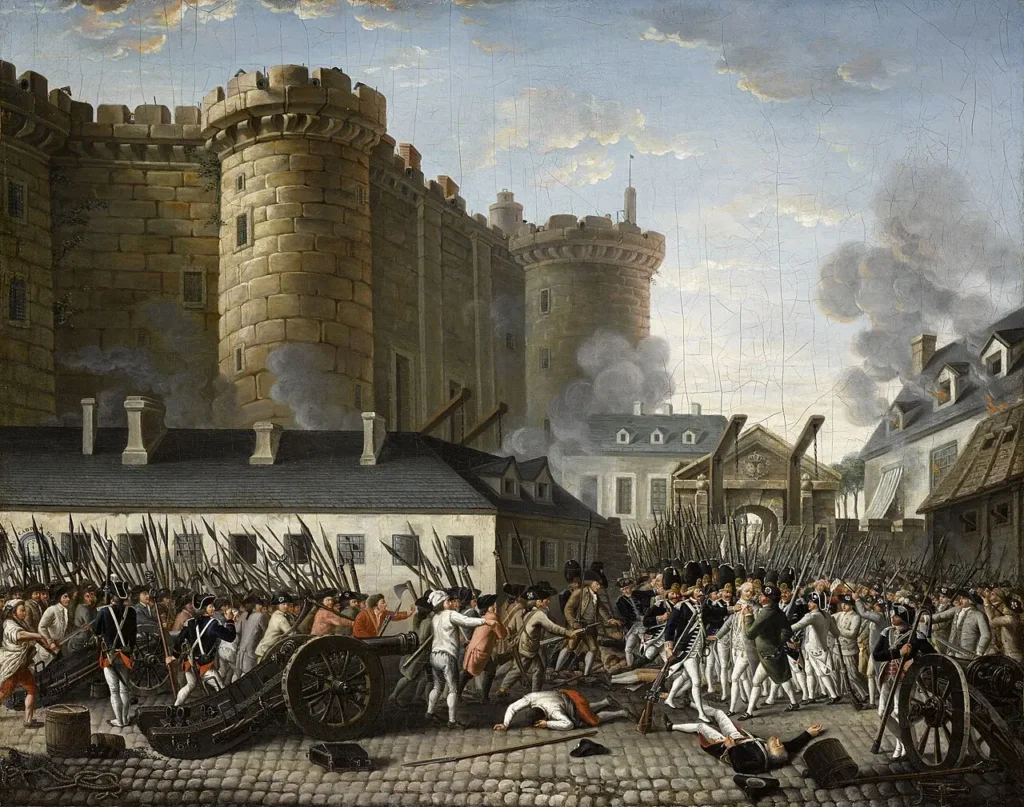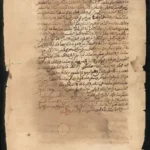
Scandal That Helped Ignite the French Revolution
The Affair of the Diamond Necklace remains one of the most notorious scandals of 18th-century France, widely believed to have helped destabilize the already fragile French monarchy. This event, involving a fraudulent purchase of an extravagant diamond necklace, unjustly implicated Queen Marie Antoinette and intensified public distrust that eventually contributed to the French Revolution.
The Spark of Suspicion
In the late 1770s, a magnificent diamond necklace was created by the jeweler Boehmer for King Louis XV’s mistress. However, the King died before the purchase was finalized. The necklace, worth around 1.6 million livres (an enormous sum at the time worth around 20 million US dollars in 2025) remained unsold, becoming a source of temptation and intrigue at the French court.
Jeanne de Valois-Saint-Rémy, a woman with noble but impoverished origins, who schemed to use the necklace for her gain. Pretending to act on behalf of Queen Marie Antoinette, Jeanne deceived Cardinal de Rohan, convincing him the Queen desired the necklace but wanted to avoid a public purchase due to the monarchy’s financial troubles.

The Deception and the Trial
The cardinal, eager to regain favor with the Queen, agreed to buy the necklace and pay in installments, expecting the Queen to reimburse him later. Jeanne orchestrated a fake meeting with the Queen, using a prostitute resembling Marie Antoinette to convince the cardinal. The necklace was handed over to Jeanne, who quickly sold off the diamonds in parts.
When the jeweler demanded payment, the Queen denied any involvement, prompting a sensational public trial in 1786. The scandal painted Marie Antoinette as extravagant and deceitful, though she was innocent of any direct wrongdoing.
Sources, Theories, and Impact
Historical sources like the Encyclopedia Britannica detail how the Affair of the Diamond Necklace dramatically worsened Marie Antoinette’s already tarnished public image. While the Queen was acquitted of any participation, the damage to the monarchy’s reputation was irreparable. This event provided fodder for revolutionary pamphlets and fuel for the growing anti-royalist sentiment in France.
Some historians argue that the scandal was manipulated by enemies of the monarchy, including certain courtiers and politicians aiming to weaken royal authority before the Revolution. Others view it simply as a consequence of widespread corruption and financial crisis.
The Affair of the Diamond Necklace remains a striking example of how a single scandal, built on deception and greed, can have outsized effects on political history. It reminds us how rumors and misunderstandings, especially when amplified by the press and public opinion, can hasten the fall of empires. While Marie Antoinette’s innocence was proven, the scandal contributed heavily to the growing unrest that culminated in the French Revolution.






